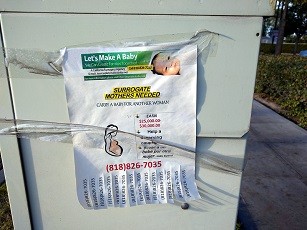The Catholic Benefits Association’s legal victories allow present and future nonprofit and for-profit members to provide employee benefits in line with their well-formed Catholic consciences.
National Catholic Register
Peter Jesserer Smith
Catholic employers that belong to the Catholic Benefits Association, from dioceses to nonprofit and for-profit small businesses, can secure employee benefits free from government mandates that violate their religious beliefs, thanks to a recent legal decision in federal court.
“We have a very unique and comprehensive ruling,” Douglas Wilson, CEO of the Catholic Benefits Association, told the Register. “Anybody who becomes a member of CBA now will be protected,” he said.
The CBA case is part of a set of ongoing legal actions in North Dakota and Texas against the Department of Health and Human Services’ mandate, implemented in 2016 and revised in 2020, that required doctors to perform gender-transition surgeries or refer patients for them — despite objections they would have to the procedure — and would require insurance coverage for gender-transition surgeries. . . [Full text]
